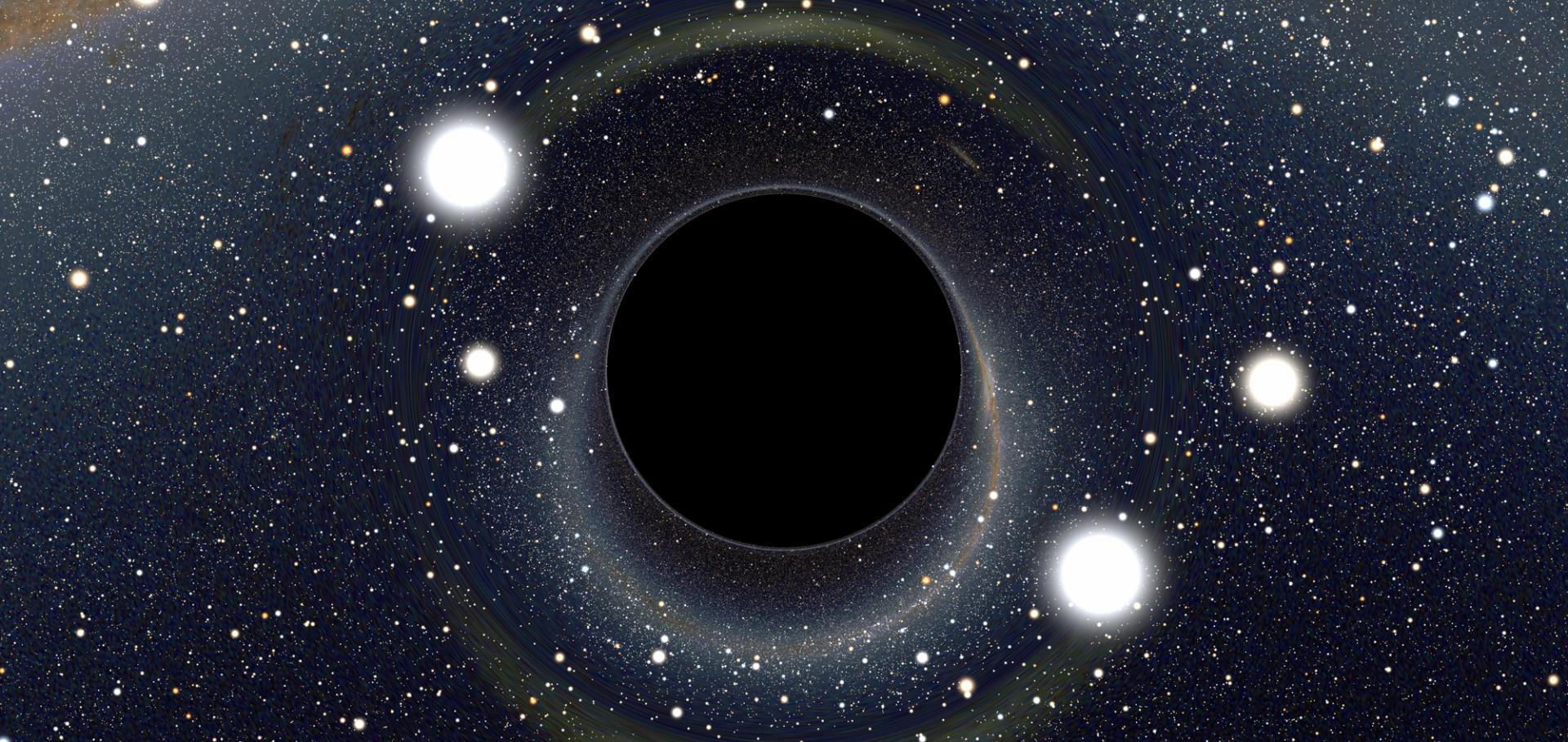Zapped then napped? A rapidly quenched remnant leaker candidate with a steep spectroscopic slope at z=8.5
Astronomy & Astrophysics EDP Sciences (2025)
GA-NIFS: High number of dual active galactic nuclei at z ∼ 3
Astronomy & Astrophysics EDP Sciences 696 (2025) a59
The eventful life of a luminous galaxy at z = 14: metal enrichment, feedback, and low gas fraction?
Astronomy & Astrophysics EDP Sciences 696 (2025) a87
GA-NIFS: ISM properties and metal enrichment in a merger-driven starburst during the epoch of reionization probed with JWST and ALMA
Monthly Notices of the Royal Astronomical Society Oxford University Press 539:3 (2025) 2463-2484
Abstract:
We present deep JWST/NIRSpec integral-field spectroscopy (IFS) and ALMA [C ii]158m observations of COS-3018, a star-forming galaxy at z 6.85, as part of the GA-NIFS programme. Both G395H (R 2700) and PRISM (R 100) NIRSpec observations revealed that COS-3018 is comprised of three separate components detected in [O iii]5007, which we dub as Main, North, and East, with stellar masses of 10, 10, 10 . We detect [O iii]5007,4959, [O ii]3727,3729, and multiple Balmer lines in all three components together with [O iii]4363 in the Main and North components. This allows us to measure an interstellar medium temperature of = 1.27 and = 1.6 K with densities of = 1250250 and = 700200 cm, respectively. These deep observations allow us to measure an average metallicity of 12 + log(O/H) = 7.9–8.2 for the three components with the T-method. We do not find any significant evidence of metallicity gradients between the components. Furthermore, we also detect [N ii]6585, one of the highest redshift detections of this emission line. We find that in a small, metal-poor clump 0.2 arcsec west of the North component, N/O is elevated compared to other regions, indicating that nitrogen enrichment originates from smaller substructures, possibly proto-globular clusters. [O iii]5007 kinematics show that this system is merging, which is probably driving the ongoing, luminous starburst.JADES: A large population of obscured, narrow-line active galaxtic nuclei at high redshift
Astronomy & Astrophysics EDP Sciences (2025)


